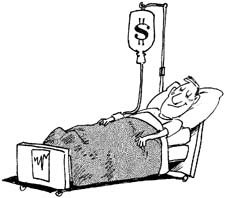
Lycopene
What is it?
Lycopene is one of 600 or so plant-derived carotenoids, substances responsible for the yellow, and red colours of fruits and vegetables. Lycopene provides the natural red pigment in tomatoes and tomato products such as ketchup and spaghetti sauce. It also is found in smaller amounts in grapefruit, guava, watermelon and papaya.
How does it work?
Carotenoids work to protect against cancer and aging-related diseases by acting as an antioxidant to counteract damaging effects of free radicals in tissues. Lycopene is one of the major carotenoids found in human blood and tissues and sis found primarily in the testis, adrenal glands, liver, prostate, breast, colon and lung. Because lycopene cannot be metabolized to Vitamin A, its biological effects in humans have been attributed to other mechanisms. Lycopene is currently one of the most efficient carotenoids at protecting against free radicals that damage critical parts of the cell, including lipids, membrane lipoproteins, proteins and DNA.
What do the data show?
Population studies show that people who eat large amounts of foods with lycopene, such as cooked tomatoes, have a reduced risk of prostate, lung and colon cancer. A preliminary investigation of 21 men with prostate cancer found that lycopene supplements appeared to reduce to uncontrolled growth of prostate cancer cells (proliferation) and restored normal cell turnover (apoptosis and differentiation). In animal studies, lycopene prevented lung, colon and breast cancers and had similar effects on cancer cells in culture. Safety and efficacy studies in humans are just beginning.










